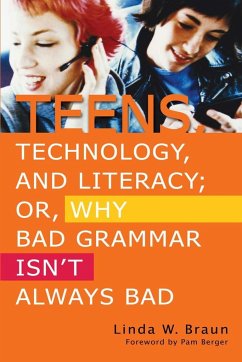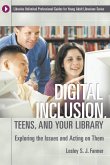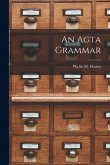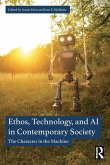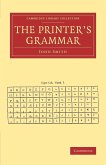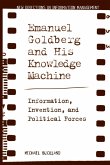Are you bothered by the bad grammar, emoticons, acronyms, and poor spelling that are ubiquitous in cyberspace, and especially prevalent in teen communications? Do you lament that today's technologies are ruining the reading and writing skills of teens? Well, think again. This author proposes that today's teens are actually exploring and developing new literacies, and learning to use technology in the most effective ways possible. After examining some of the technologies teens commonly use (IM, webblogs, podcast, games), Braun describes how these technologies affect reading, writing, and communication habits and skills; and how they are actually creating new communities of learning. Expand your perspective on what defines literacy, and learn how you can maximize the learning that teens acquire in using new technologies by integrating technologies into your programs and services. A must-read for librarians, teachers, and anyone else who works with teens in grades 6 and up.
Hinweis: Dieser Artikel kann nur an eine deutsche Lieferadresse ausgeliefert werden.
Hinweis: Dieser Artikel kann nur an eine deutsche Lieferadresse ausgeliefert werden.

